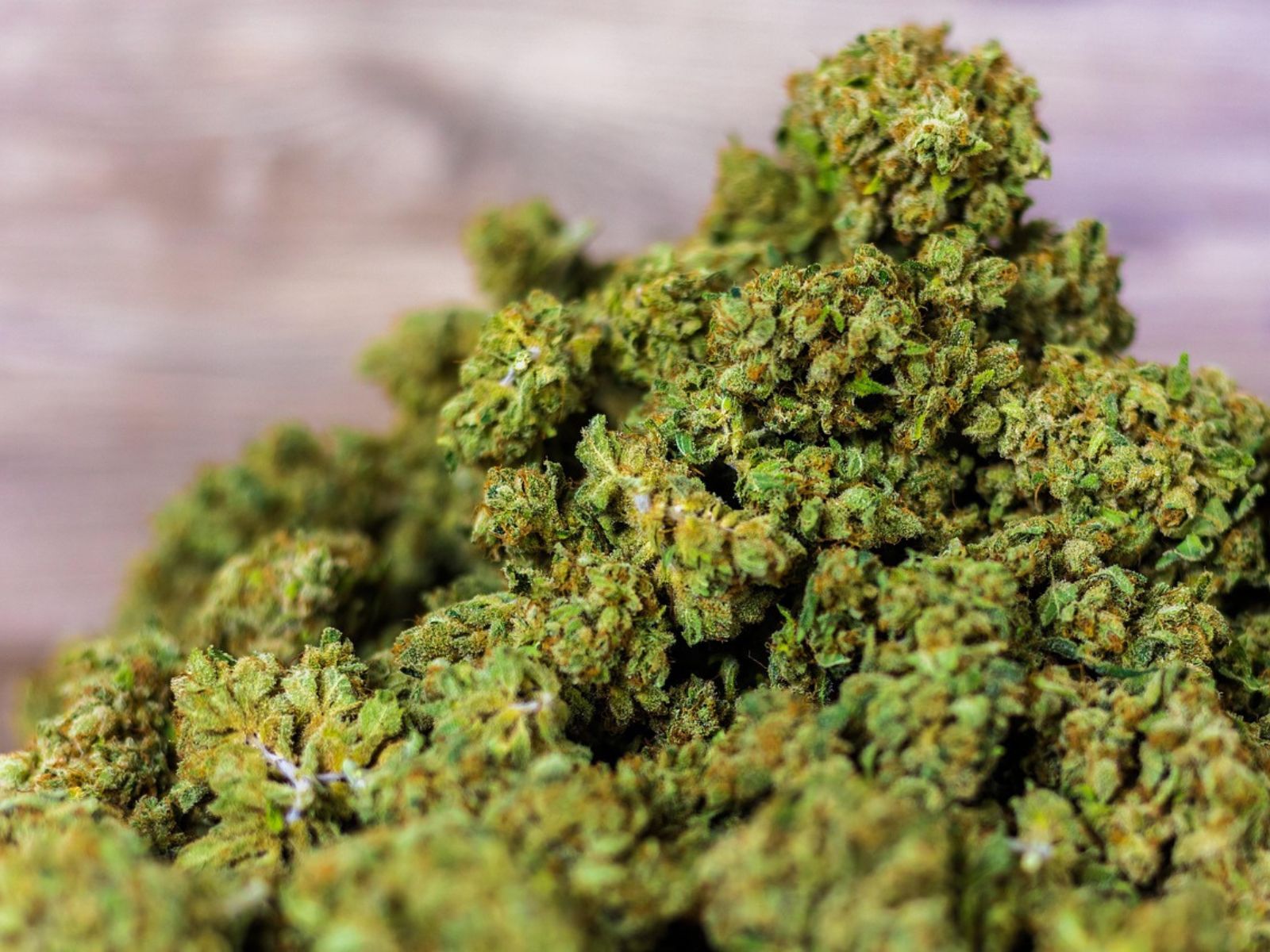
Study Finds No Significant Changes In Driving Performance Following Use Of THC-Infused Edibles

Study Finds No Significant Changes In Driving Performance Following Use Of THC-Infused Edibles
If there is one thing that cannabis opponents and responsible cannabis consumers agree on, it is that no one should operate a motor vehicle on a public roadway if they are too impaired to operate the vehicle safely. That is true for cannabis and any other substance, including pharmaceutical drugs.
Cannabis DUI policies should be based on science, and not fear-mongering. Arbitrary per se THC limits, such as the recently approved 3.5 ng/mL threshold in Germany, punish longtime cannabis consumers who may have elevated metabolized THC levels, yet are not impaired at the time of testing.
A study in Canada recently examined the effects of consuming THC-infused edibles and driving performance among a cohort of self-reported ‘frequent’ cannabis consumers. The results of the study, while favorable, are not justification for operating a motor vehicle while impaired.
With that being said, just because someone has THC in their system does not mean that they are impaired, and public policies need to account for that scientific fact. Below is more information about the Canadian study via a news release from NORML:
Toronto, Canada: Subjects display few changes in simulated driving performance following the ingestion of THC-infused edible products, according to data published in the Journal of Cannabis Research.
Investigators affiliated with the University of Toronto assessed simulated driving behavior in 22 subjects prior to and following the ingestion of THC-infused edibles. Edibles contained, on average, 7.3 mg of THC. Subjects’ driving performance was assessed at two, four, and six hours. Study participants were primarily “frequent users of cannabis for recreational purposes.”
Researchers reported: “Compared to [baseline], cannabis edibles produced a decrease in mean speed 2 hours after consumption. … No changes in standard deviation of lateral position (SDLP; ‘weaving’), maximum speed, standard deviation of speed or reaction time were found at any time point.” Some participants expressed a lesser willingness to drive following cannabis ingestion.
Researchers theorized that the absence of any significant performance changes may “reflect [subjects’] tolerance to the effects of cannabis” – a phenomenon that has been reported in prior studies. According to one literature review, “Patients who take cannabinoids at a constant dosage over an extensive period of time often develop tolerance to the impairment of psychomotor impairment, so they can drive vehicles safely.”
The study’s authors concluded: “This is the first study of the impact of cannabis edibles on simulated driving. … Future studies will need to control for age and determine any age-related impacts on the effects of cannabis on driving. This is especially important given that participants over the age of 50 years have been overlooked in studies of the effects of cannabis on driving and related outcomes.”
Full text of the study, “The effect of cannabis edibles on driving and blood THC,” appears in the Journal of Cannabis Research. Additional information is available from the NORML Fact Sheet, ‘Marijuana and Psychomotor Performance.’
Share article


Share article
Join Our Awesome Community
Join Our Awesome Community
Join Our Awesome
Community
Get all the latest industry news
delivered to your inbox







